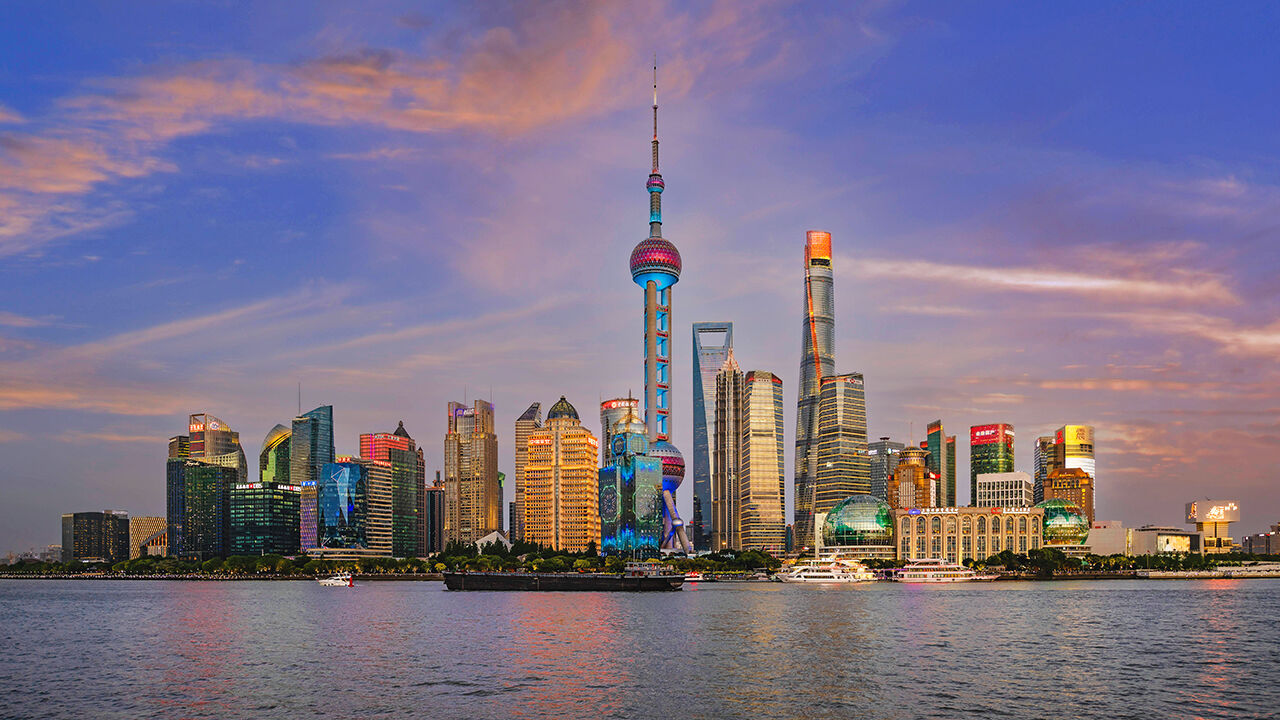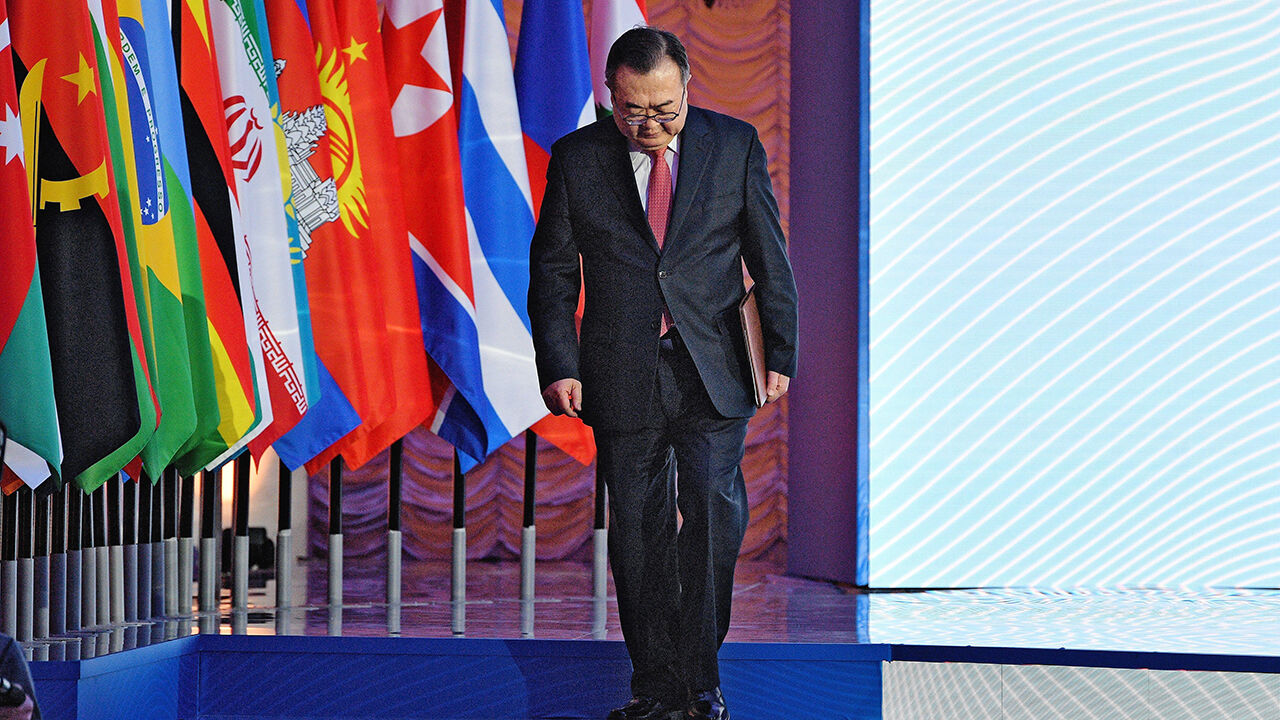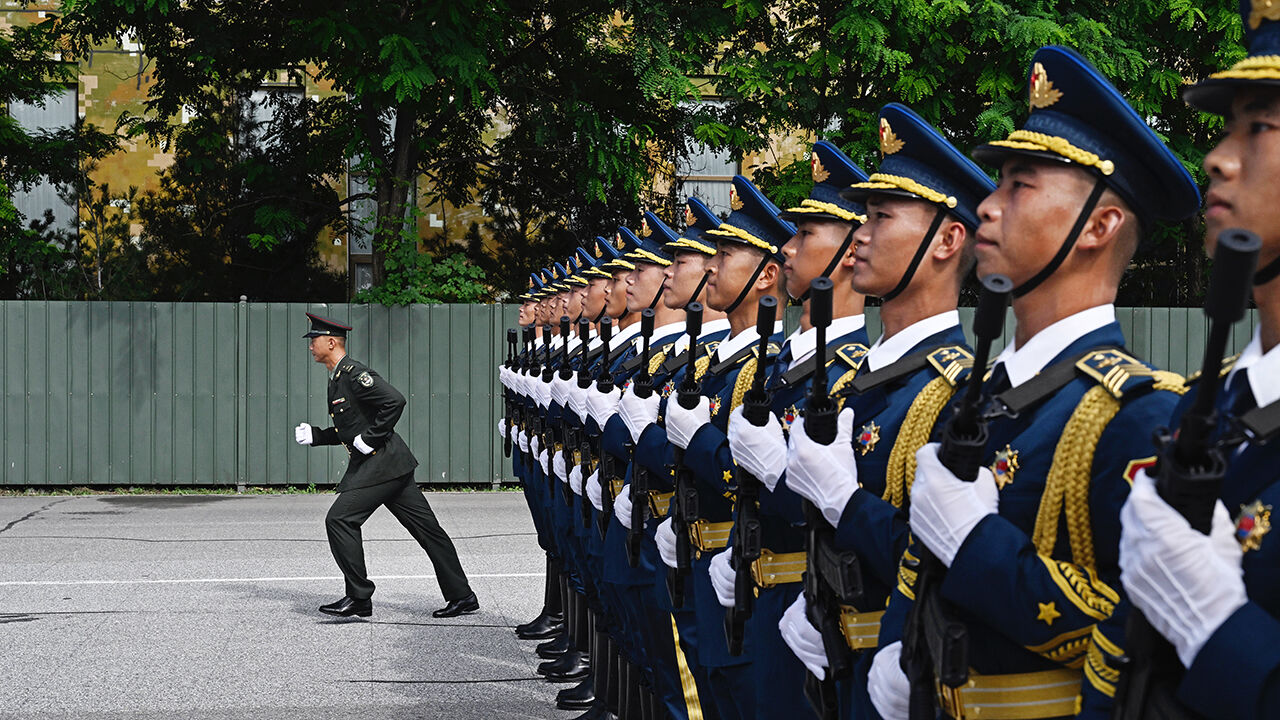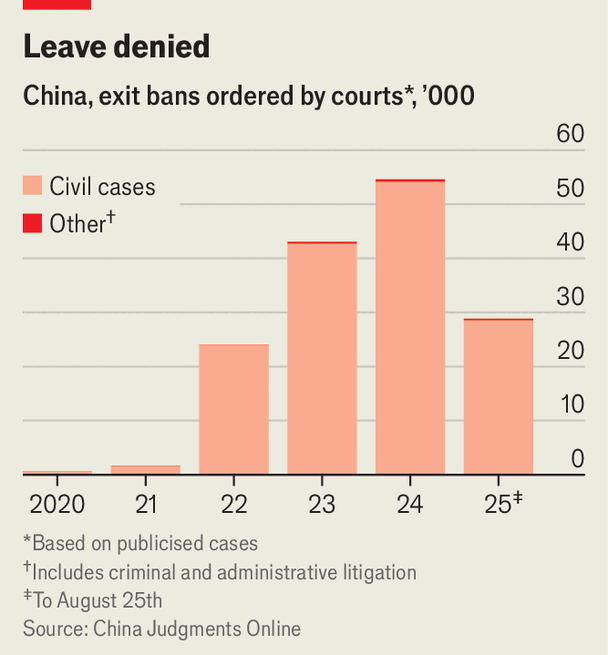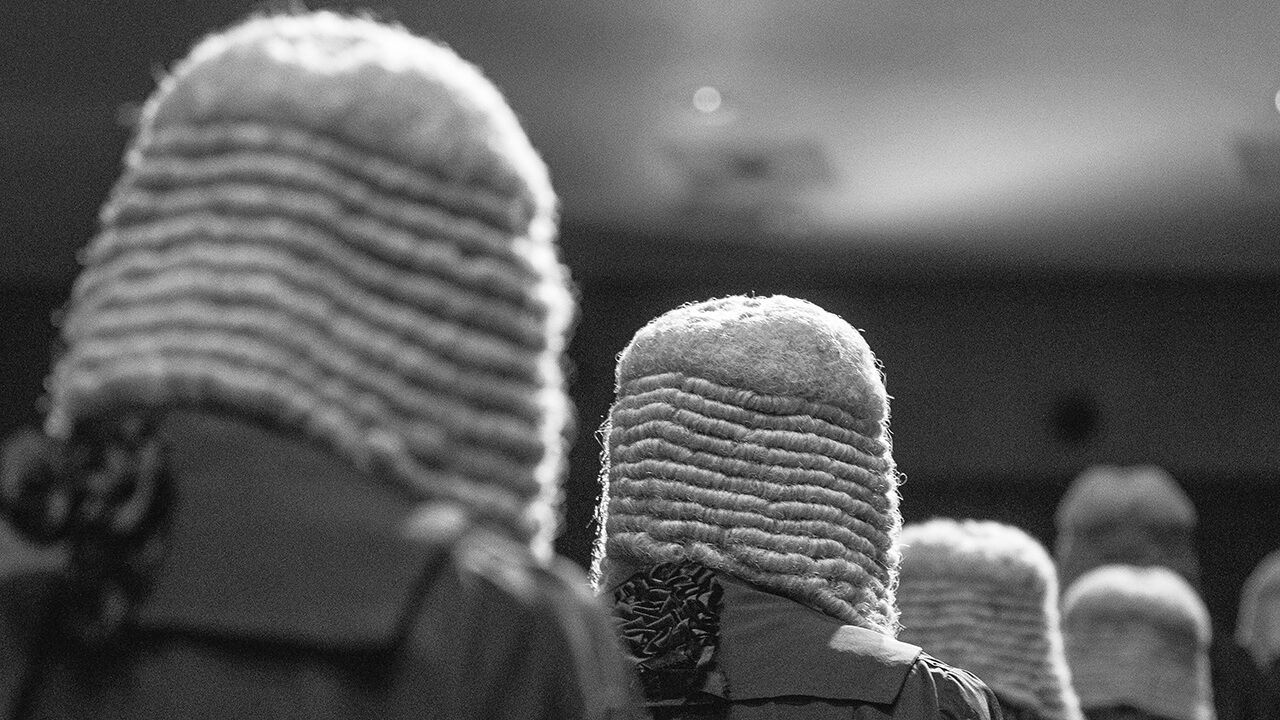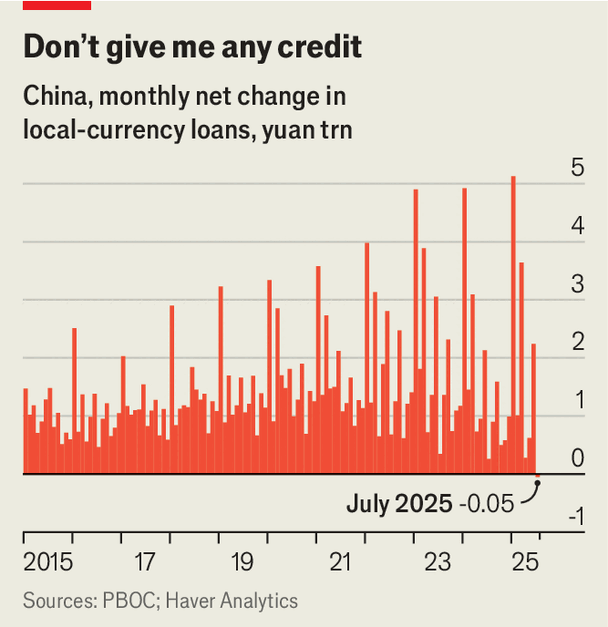In THE first decade of Xi Jinping’s rule, builders in China poured more concrete than America did in all of the 20th century. Urban areas expanded by 40%. No longer. In the past five years the debt-fuelled property market has slumped. Evergrande, once China’s largest developer, has collapsed: on August 25th it was delisted from Hong Kong’s stock exchange. Many cities today are plagued by sprawl, smog and gridlock, and are littered with tens of millions of empty flats. China’s leaders say they want a new approach, aimed at making…
Category: The Economist
Something is amiss in China’s foreign-affairs leadership
CHINA’S DIPLOMATS are working hard. On August 31st more than 20 world leaders will join President Xi Jinping in the northern city of Tianjin for a two-day meeting of the Shanghai Co-operation Organisation, a security forum. Among them will be Russia’s Vladimir Putin (a frequent visitor), India’s Narendra Modi (a rare one) and North Korea’s Kim Jong Un, who seldom goes abroad. In recent days Donald Trump said he would visit China “probably during this year or shortly thereafter”. It would be the first such trip by an American president…
On parade in China: Putin, the PLA and purges
Donald Trump’s military parade astounded Chinese viewers in June. The sloppy marching, the corporate sponsorship, the paltry crowds: how could the world’s greatest military power put on such a tawdry display? China’s parades are minutely choreographed extravaganzas designed to inspire awe and respect. Expect no less when China holds its first in six years on September 3rd. But China’s tattoo, like Mr Trump’s, will reflect the insecurities of its leadership. Impressive though the display will be, it will mask turbulence in the high command. The Economist
Chinese courts can bar even those not accused of crimes from leaving the country
Gao jia, a seven-year-old American from New York, might not start his second year at school this September. During a family visit to China last August, his father, a Chinese artist called Gao Zhen, was arrested for “slandering heroes and martyrs” (Mr Gao is the elder of the well-known “Gao Brothers”, whose sculptures often mock Chairman Mao). The boy has not been accused of wrongdoing; neither has his mother, Zhao Yaliang. But in China, family members can be punished for the alleged sins of a relative. Ms Zhao has been…
Hong Kong’s courtroom dramas
CLOSING ARGUMENTS are under way in the trial of Hong Kong’s most famous media mogul. Jimmy Lai’s publications cheered the millions who marched against the territory’s government in 2019. The charismatic billionaire could have fled. But Mr Lai stayed, and now stands accused of sedition and collusion with foreign forces. The verdict is expected to be delivered in a few weeks or months; few observers doubt that the 77-year-old will be found guilty. Already serving another jail term, he could face a sentence of life in prison. In the wake…
China’s mid-year economic wobble
IN RECENT years China’s economy has obeyed a three-act dramatic structure, recognisable to any playwright. Growth starts the year brightly, suffers troubling setbacks as spring turns to summer, then prevails in the end, after a hurried government stimulus helps it meet the official GDP target, with precious little to spare. This year’s difficult second act has now begun. After reporting brisk year-on-year growth of 5.3% in the first half of 2025, China’s statisticians have just released disappointing figures. Retail sales grew by only 3.7% in July compared with a year…
China claims to want women to have children and a career
WHEN MS WANG returned to work at a Chinese internet giant after having a baby, her boss pulled her aside. She told her she’d be less invested in her work because the country’s breastfeeding policy would allow her to leave one hour earlier. “I’ll be a normal colleague, not a breastfeeding mother,” she replied, staying past 10pm regularly like the rest. Based in Beijing, she was entitled legally to 158 days of maternity leave. But she received the worst performance rating in her team last year because others had to…
Hong Kong is super superstitious
TATSUKI RYO is the finest diviner since Nostradamus, in the view of many Hong Kongers. In 1999 the Japanese manga artist published a collection of supposedly prophetic dreams warning of a “great disaster, year 2011, month 3.” In March 2011 Japan suffered from an earthquake, tsunami and the Fukushima nuclear meltdown; perhaps 18,000 people died. So when her manga predicted that a mega-tsunami would strike Japan on July 5th 2025, it caused alarm. The Economist
How scared should you be of “the China squeeze”?
“CHINA BEATS you with trade, Russia beats you with war,” mused President Donald Trump on August 11th. His reflection came mere hours before he extended a fragile trade truce with China for another 90 days. After months of tit-for-tat tariffs, the Sino-American trade war has settled into uneasy stasis. But China is using the time to hone a sophisticated arsenal of devastating economic weaponry. Even as the sides contemplate a broader deal to stabilise the planet’s most important trading relationship—worth $659bn each year—China knows that its power is not in…
Shanxi province is struggling to diversify away from coal
ON A MUGGY July morning the museum of coal in Taiyuan, capital of Shanxi province, is bursting with visitors. An exhibit boasts of the province’s reserves of 650bn tonnes of coal. “Mining could last for over 200 years,” it enthuses. Asked if coal would still be dug up in that distant future, a guide nods eagerly, seemingly unaware of China’s green transition. The Economist
